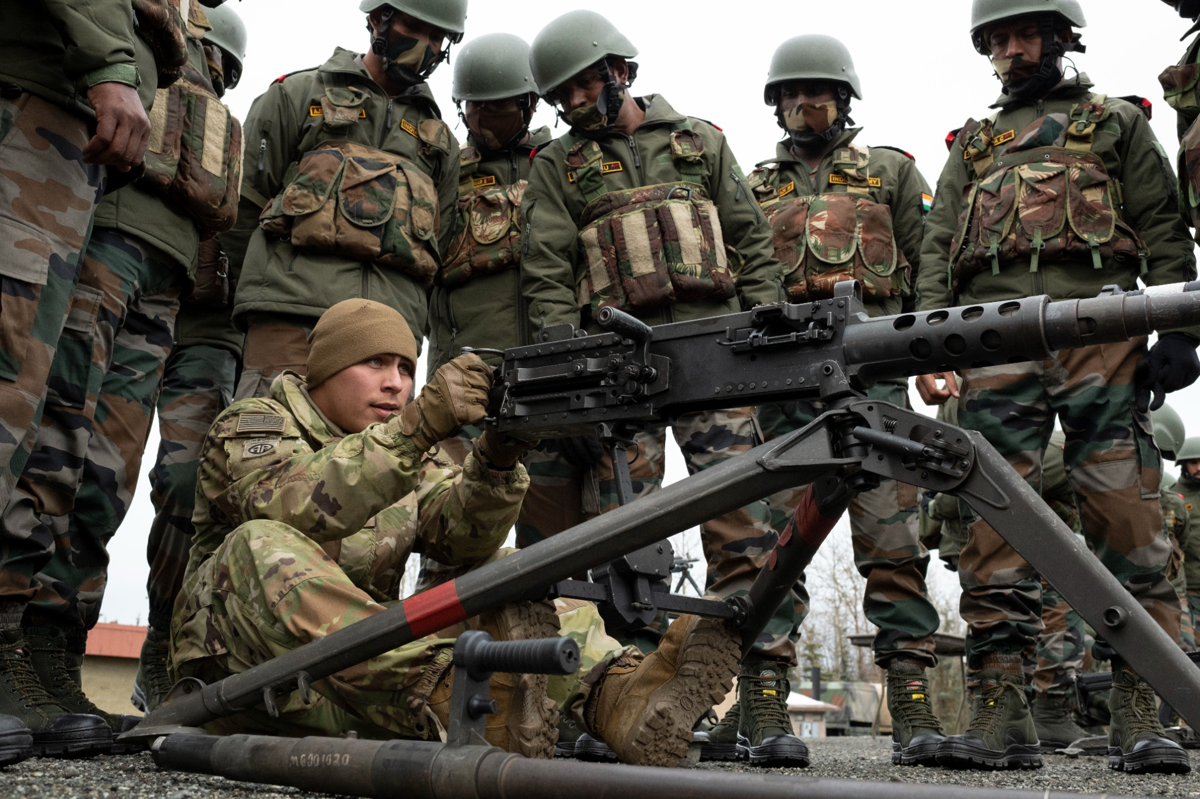Physical Address
304 North Cardinal St.
Dorchester Center, MA 02124
Physical Address
304 North Cardinal St.
Dorchester Center, MA 02124

Indian forces have carried out their largest anti-Naxal operation to date, killing 31 alleged Maoist rebels in a 21-day assault on a major insurgent stronghold along the Chhattisgarh-Telangana border.
The mission, named Operation Black Forest, unfolded in the dense Karreguttalu Hills region, long known as a Maoist hideout. It began on April 21 and ended in early May 2025.
Takeaway: A landmark moment in India’s decades-long battle against Maoist insurgents.

The offensive uncovered a massive cache: over 450 improvised explosive devices (IEDs), 818 grenade launcher shells, and more than 26,450 pounds of food.
Security forces destroyed 214 Maoist bunkers and hideouts, believed to be used for weapons manufacturing and long-term shelter. Among the 31 rebels killed were 16 women. At least 28 of the bodies have been identified.
Despite the intensity of the mission, there were zero fatalities among Indian personnel—though 18 were injured, mostly from IEDs.
Takeaway: The operation struck deep into rebel infrastructure with no troop deaths.
Officials confirmed that many of the dead carried bounties totaling ₹1.72 crore, indicating their seniority within the movement. Top Maoist commanders are believed to be among the dead or critically wounded, further crippling the group’s leadership.
Authorities described the mission as the largest anti-Naxal operation ever undertaken, both in scale and strategic value.
Prime Minister Narendra Modi called it a milestone toward his government’s goal of making India “Naxal-free” by March 31, 2026.
Takeaway: Leadership losses mark a major blow to the Maoist command structure.
Human rights groups and activists caution that such operations may escalate tensions in tribal areas, where locals fear both state raids and rebel recruitment. Past crackdowns have drawn allegations of civilian abuse and displacement.
Critics argue that without parallel investment in economic development and community trust, operations like these may provide only short-term relief.
Even so, Home Minister Amit Shah praised the largest anti-Naxal operation as a model for future missions, framing it as a blend of precision, planning, and coordination.
Takeaway: Winning the fight requires both firepower and public trust.
Daily News. No B.S. No Fluff. Just What You Need to Know.